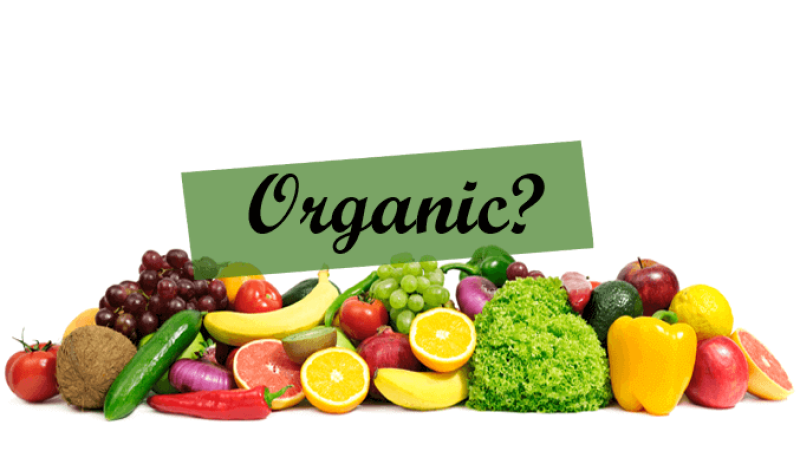Regulating [food] supply chains to ensure, for example, that “organic” foods deserve their labels is hard. Here are five reasons why.
1) The U.S. government doesn’t enforce its standards for organic foods
[T]he USDA doesn’t actually administer the standards for imported foods. Instead, the certification — checking that the food meets U.S. standards — is done by USDA-recognized foreign regulators or USDA-authorized third-party organizations. This means the USDA outsources its authority to its equivalent agencies in other countries, as well as third-party certifiers.
2) Not all countries have U.S.-recognized regulators
The number of USDA-recognized international regulators has been growing since 2009. However, it is still relatively small.
3) That’s why third-party certifiers are necessary
USDA’s Certifier Lookup page lists 82 authorized third-party organizations. Although most of these USDA-accredited certifying agents are domestic, 33 are foreign agents. Also, although some of them are purely private, others are public.
4) But certification remains challenging in a complex global economy
In practice, ensuring that imports labeled “organic” are actually organic is very hard, because global supply chains are complex and nontransparent. A number of suppliers or organizations may sell the product before they reach the final customer.
This creates ample opportunity for things to go wrong.
5) The problem stretches beyond the USDA
This is not the USDA’s fault — it is one regulatory agency with limited resources, trying to deal with a multitude of suppliers. Some of these suppliers, in all likelihood, are operating unethically.
The GLP aggregated and excerpted this blog/article to reflect the diversity of news, opinion, and analysis. Read full, original post: Why it’s so hard to know whether organic food is really organic































